Why Water Quality Matters for the Food and Beverage Industry
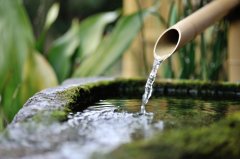
Food and beverage manufacturers across the globe face intense water supply and quality challenges. They must account for water use during drought and extreme weather years when the water supply is unstable, or when outside events cause water quality problems. Even communities where the water supply is stable still restrict how much water its local food and beverage processing companies may legally use annually. To stay competitive in this environment, food and beverage companies need advanced, industrial reverse osmosis water purification systems that help them in the following three areas:
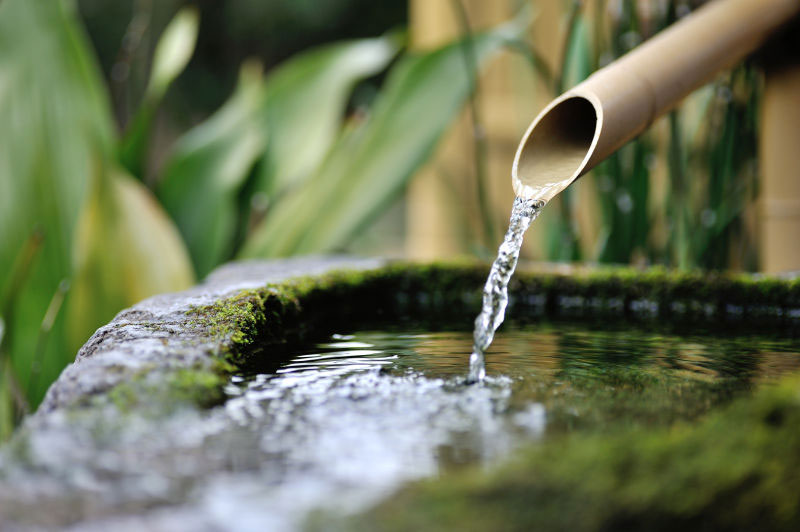
Water Used in, or Touched by the End Product Impacts Consumer Health
It goes without saying that consumers expect their food and beverages to come uncontaminated. So, any water that touches any part of the food manufacturing process (ingredients, packaging, bottles, pipes and food processing equipment) must meet stringent purity standards. World Health Organization (WHO) standards dictate that any water used for making, cleaning or processing food needs to be disinfected to high drinking-water standards using a technology such as industrial-grade reverse osmosis.
Beyond what touches the end consumer product, a plant producing food or drink must have high cleanliness standards across the board. This includes water used for washing packaging equipment, storage and transportation vehicles, even though those items may be washed outside of the food production area.
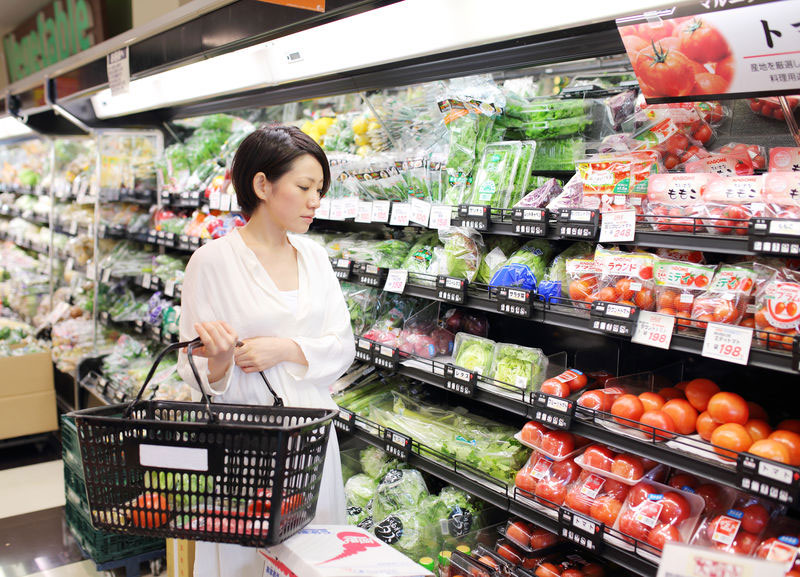
Clean Water Means Efficient Utility
In the food and beverage industry, impurities of any kind can cause inefficiency, even if they are not touching the end product. Water used for boilers and cooling towers, for example, needs to meet excellent purity standards too, with a minimum of concentrated solids going through these systems. Impure water can cause faster wear and tear, corrosion and scale buildup that can decrease efficiency, cause expensive downtime and cost more money in repairs and maintenance. A high-quality, industrial reverse osmosis water purification system can boost efficiency, reduce downtime and cut repair and maintenance costs because the water used in these systems is cleaner.
Water Reuse Gives Food and Beverage Manufacturers More Control
With uncertain water supply predictability in this day and age, it’s important for food and beverage plants to have an industrial water purification system that can turn the feed and waste into purified water that they can reuse very safely for a variety of applications. The smart, autonomous and advanced industrial reverse osmosis such as Closed Circuit Reverse Osmosis (CCRO) empower food and beverage companies to reclaim water and reduce water waste far beyond the ability of previous industrial reverse osmosis systems. This gives companies far more control over their water supply, water costs and overall operational spend.
Any idea or demand for the products, contact us freely.



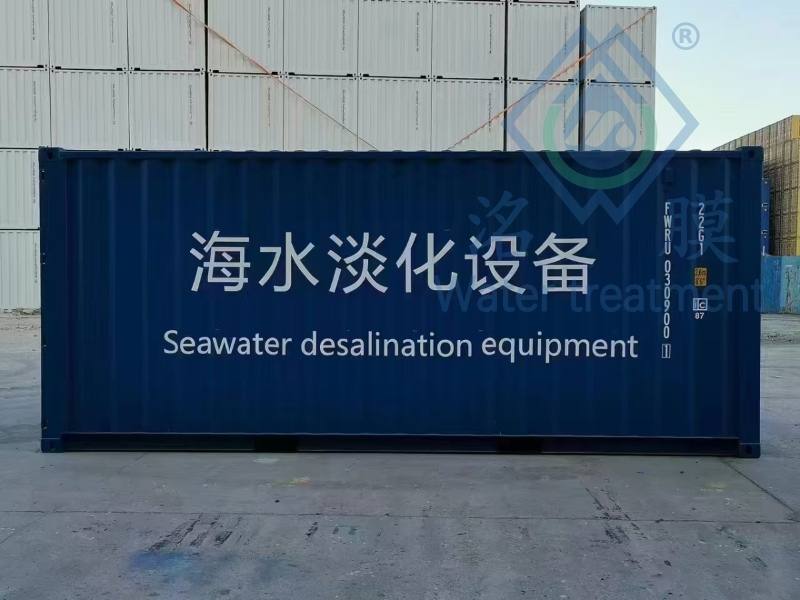 Containerized Seawater Desalination System
Containerized Seawater Desalination System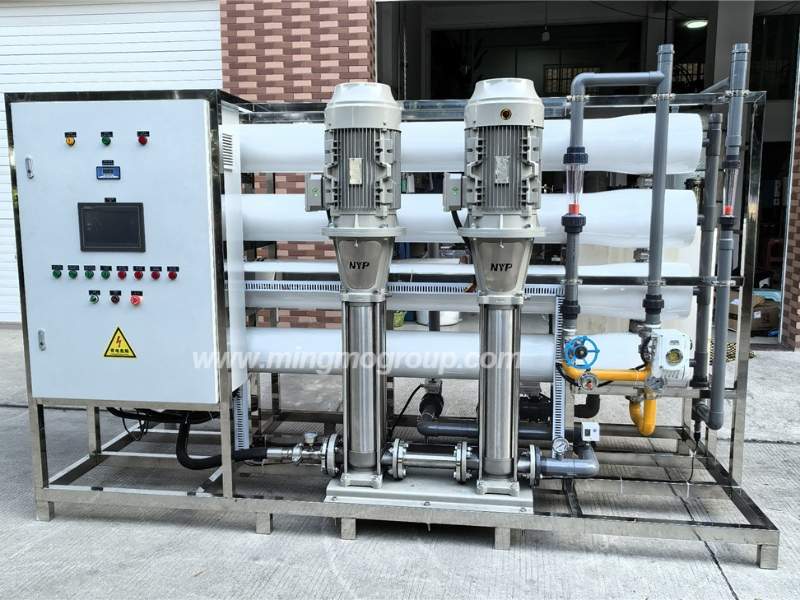 Seawater Desalination System
Seawater Desalination System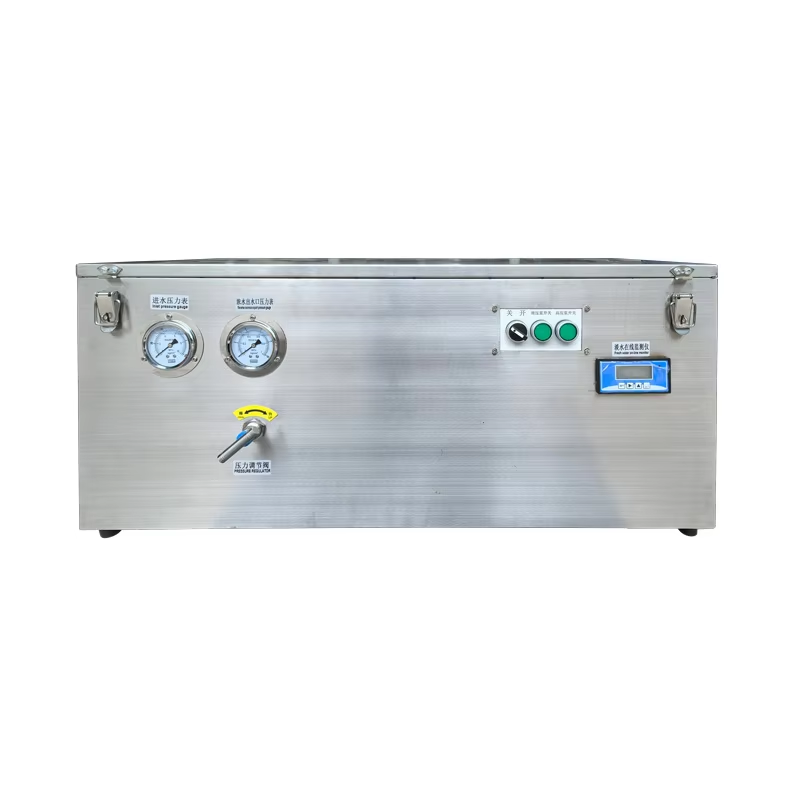 Small/Marine Watermaker Systems
Small/Marine Watermaker Systems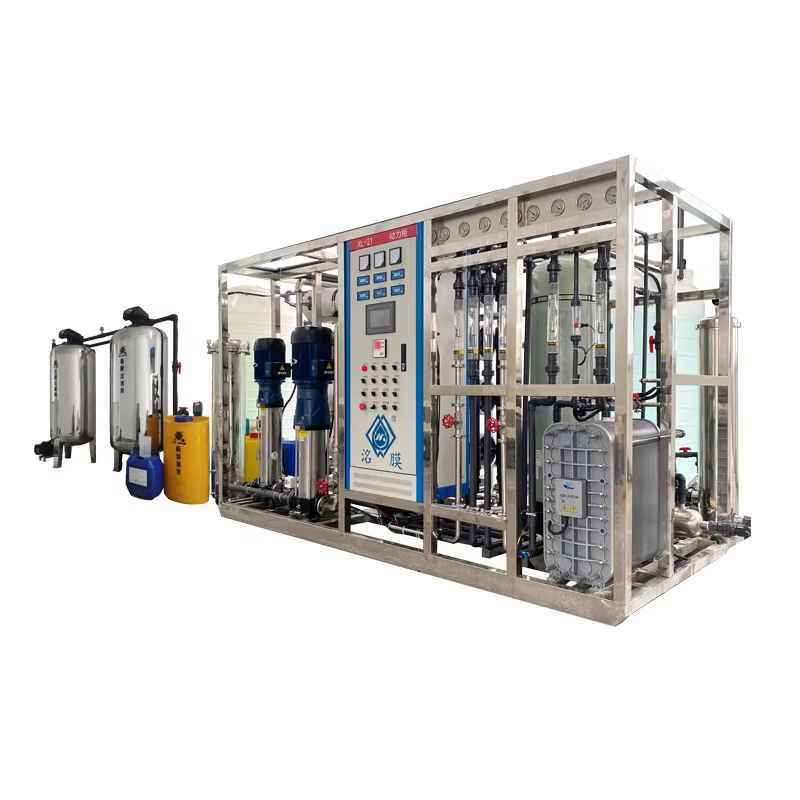 RO+EDI Ultrapure Water System
RO+EDI Ultrapure Water System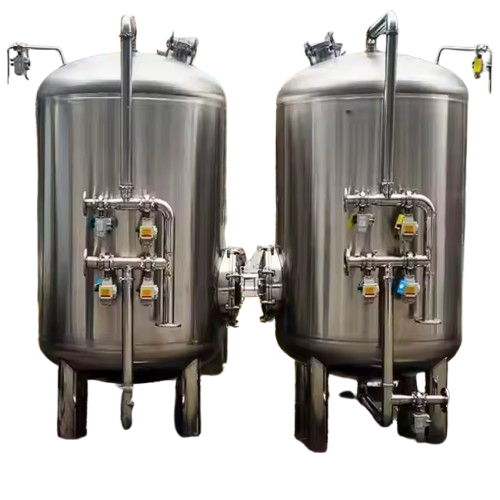 Media Filter
Media Filter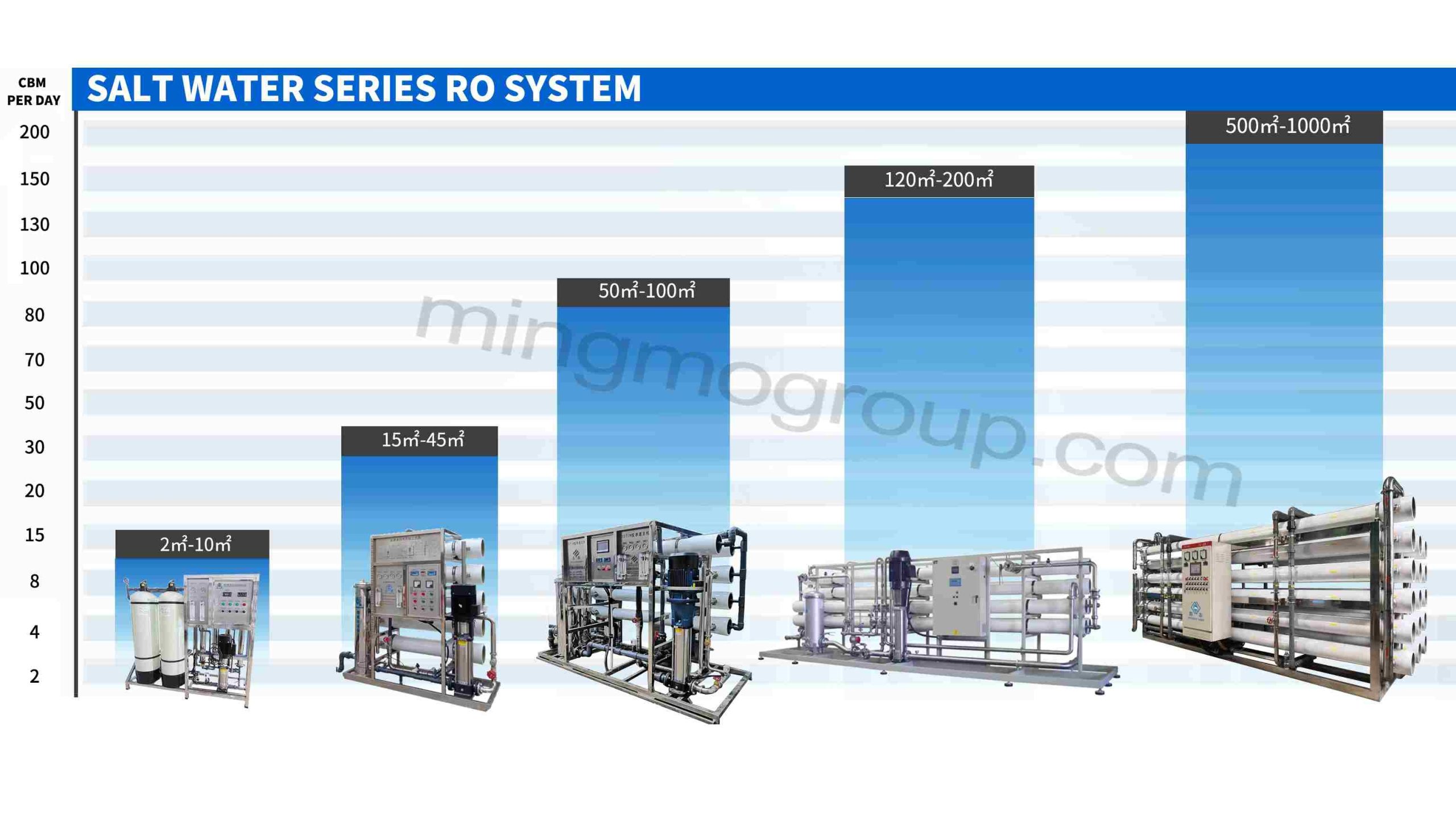 Brackish Water Reverse Osmosis Treatment System
Brackish Water Reverse Osmosis Treatment System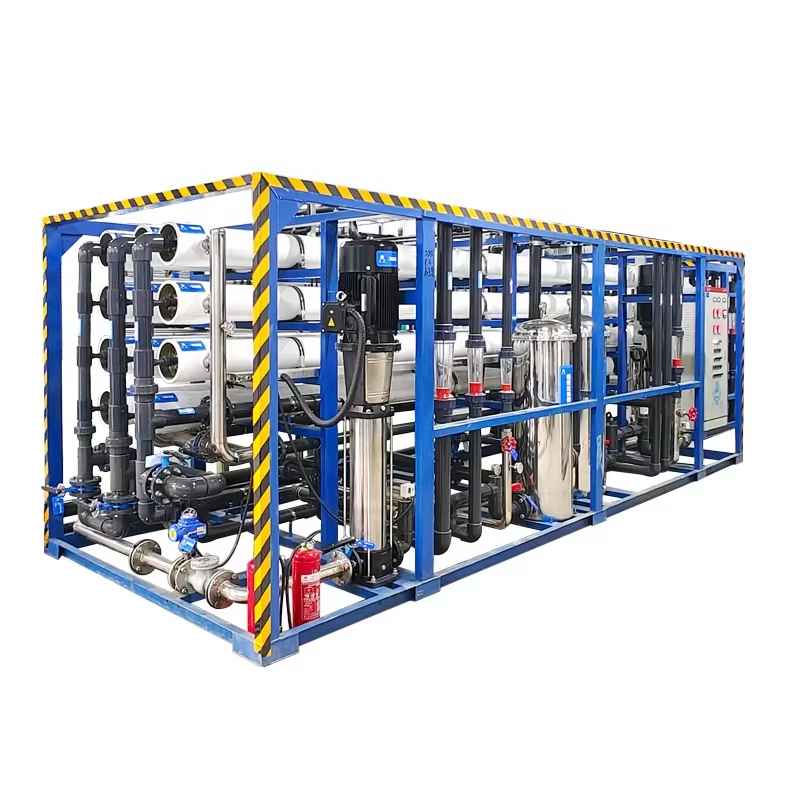 Large RO Desalination Machine
Large RO Desalination Machine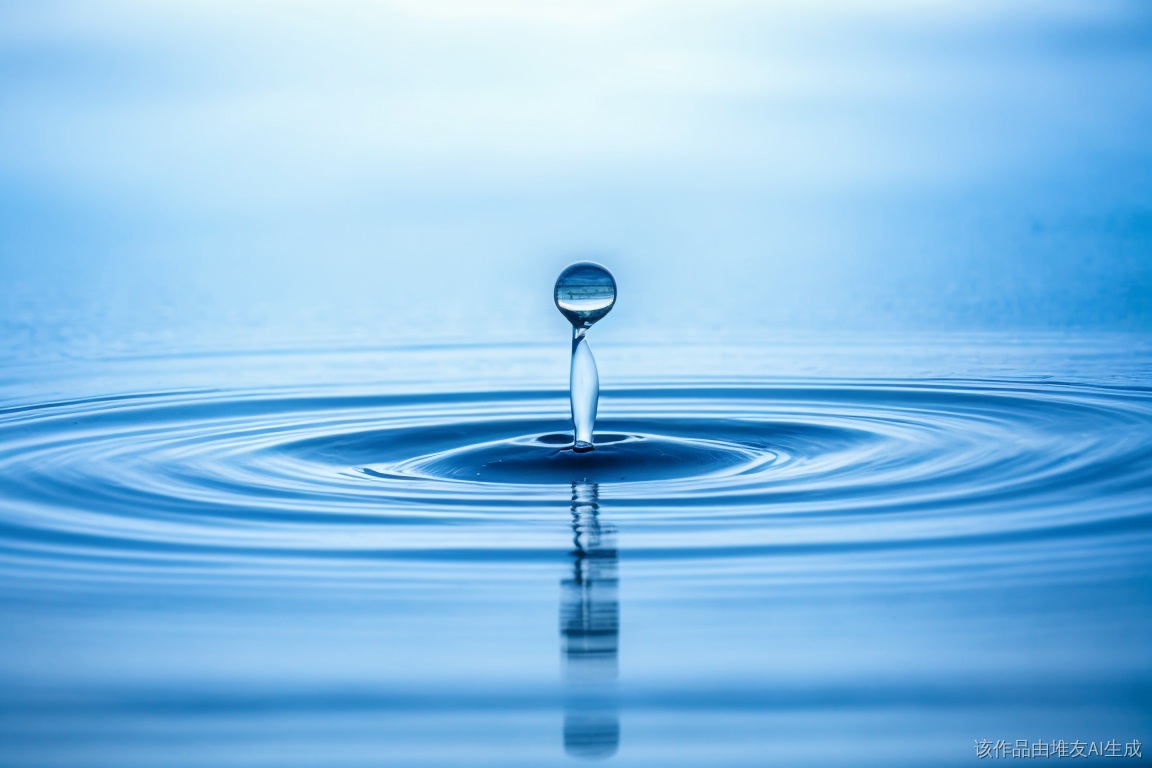 Ultrafiltration System vs. Reverse Osmosis System: Which One Should You Choose?
Ultrafiltration System vs. Reverse Osmosis System: Which One Should You Choose?